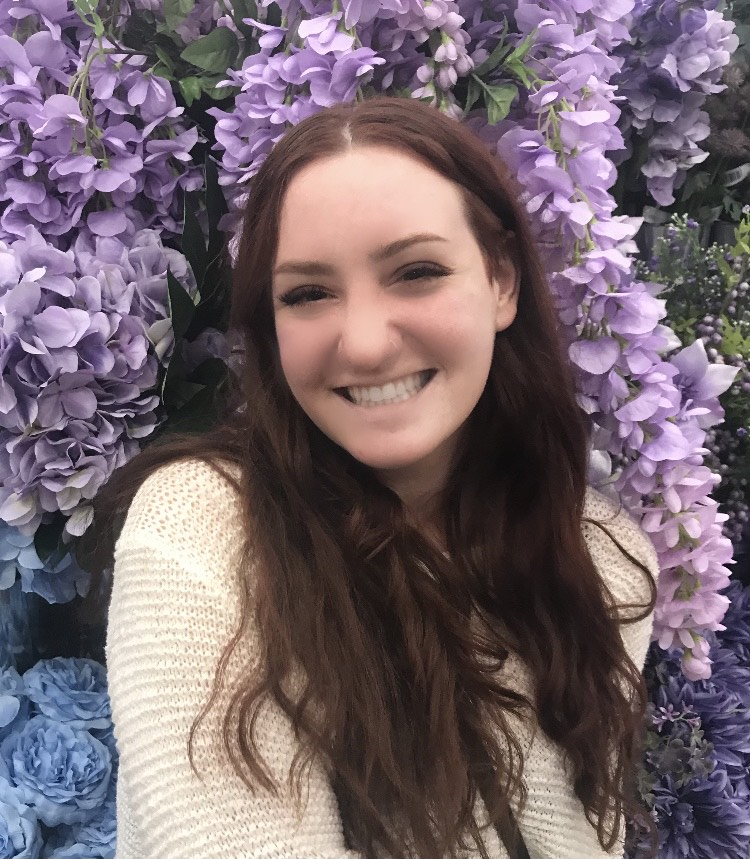
Host Mentor: Anna Eastman
Stanford Institute for Stem Cell Biology and Regenerative Medicine
UNEXPECTED MHC CLASS II EXPRESSION IN PUTATIVE PROGENITOR SUBPOPULATIONS OF ADULT HUMAN NEUROSPHERES
Nicole Womack 1,3, Anna Eastman 1, Daniel D. Liu1, Joy Q. He1, Rahul Sinha1, Samrat Thapa2, Suyash Raj1, Nobuko Uchida1 , and Irving L. Weissman1
The stem/progenitor hierarchy governing adult-born neurons and glia is well-characterized in rodents and other mammals, but poorly understood in humans. In order to probe for functional evidence of multipotent progenitors, and to search for new markers to facilitate their prospective isolation, we harnessed the outgrowth of primary neurospheres derived from fresh postnatal human brain tissue in order to enrich for cells retaining cell division and differentiation activity. Using high-coverage single-cell RNA sequencing (scRNAseq), we identified a rare population within postnatal human brain neurospheres expressing several genes associated with a neural stem cell identity. We further identified several cell surface receptors uniquely expressed by this cluster, including CD74, whose protein-level expression was confirmed using flow cytometry. CD74 performs many functions, most notably as a chaperone for MHC Class II complex assembly, as well as a receptor for macrophage migration inhibitory factor (MIF). Since treatment with exogenous MIF did not affect expansion of postnatal neurosphere cultures, nor fate choice upon differentiation, we turned our attention to MHC Class II. By scRNAseq, we determined that components and positive regulators of the MHC Class II complex were exclusively expressed by the CD74+ immature progenitor cluster. As MHC II is classically associated with antigen presentation, its expression on a subset of non-immune cells such as a putative neural progenitor is unexpected and intriguing. Ongoing work is aimed at uncovering the significance of MHC II heterogeneity in postnatal human neurospheres. Additionally, we are investigating whether MHC II expression in non-immune cells of the adult human cortex plays a role in neural-immune interactions, possibly through regulation of phagocytosis or synaptic pruning, in the context of severe epilepsy.